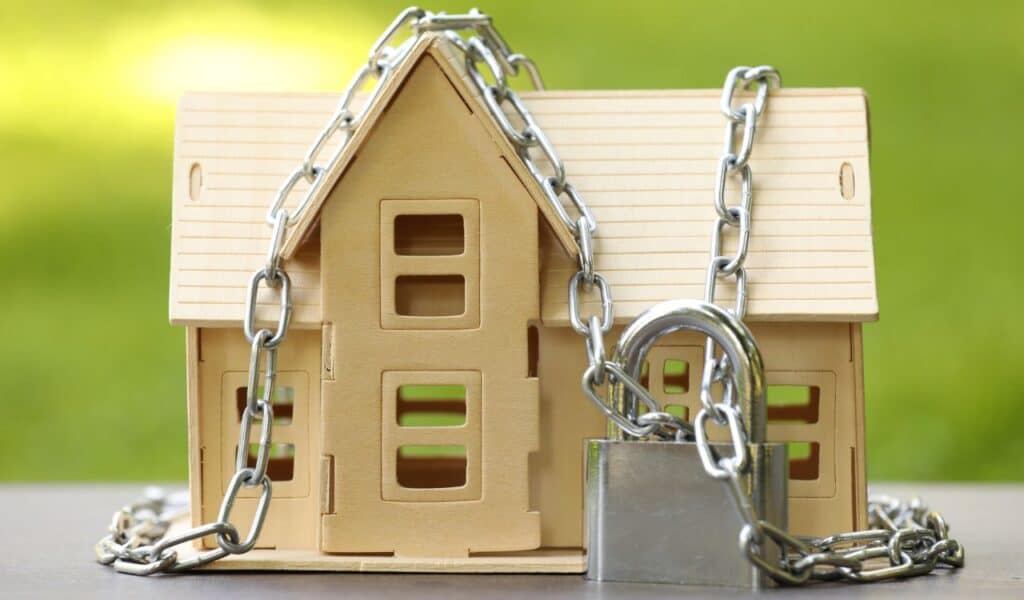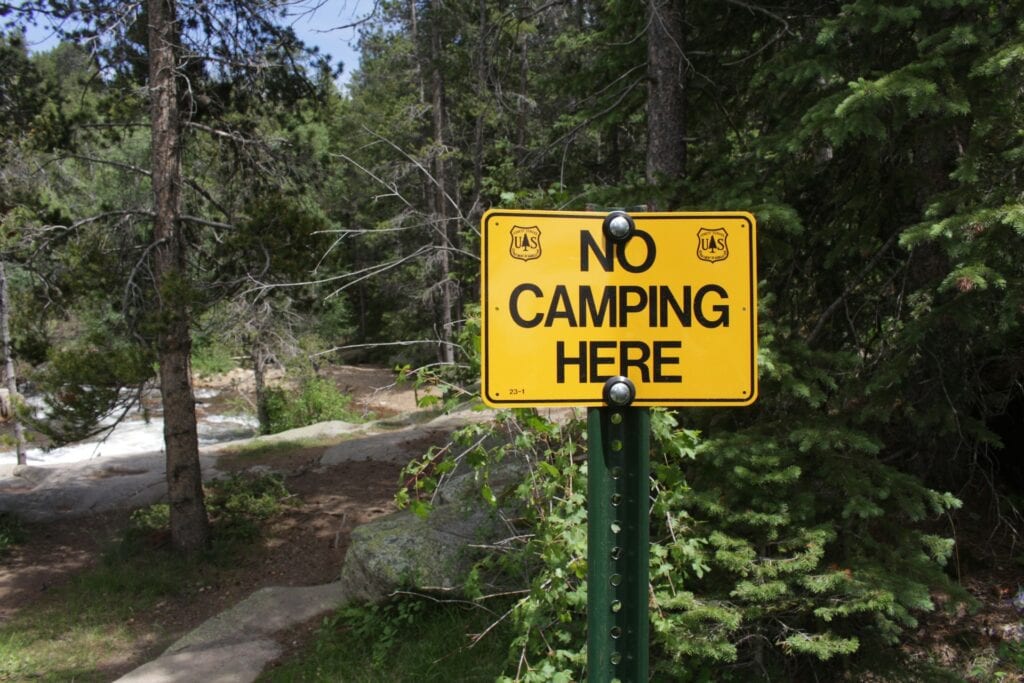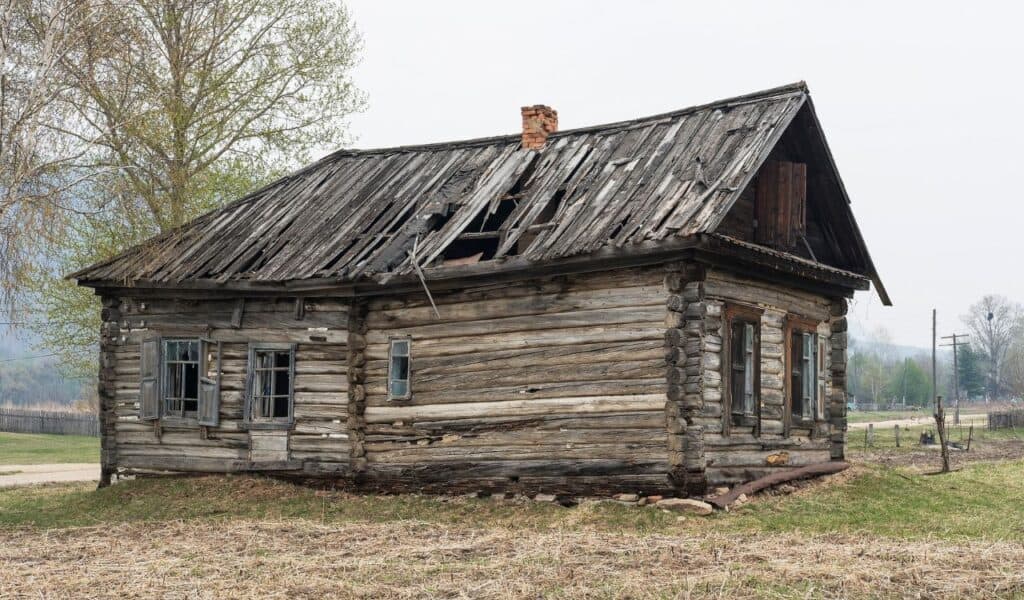We may earn money or products from the companies mentioned in this post. This means if you click on the link and purchase the item, I will receive a small commission at no extra cost to you ... you're just helping re-supply our family's travel fund.

You probably assume that if your name is on the deed and your taxes are paid, your property is safe. The reality is more complicated, modern laws give government a range of subtle ways to control, devalue, or even take what you own, sometimes without anyone ever saying “you’re guilty.” Real people have lost homes, cars, and equity this way. This guide breaks down how that happens, through ten ways the Government is quietly taking your property rights.
Eminent Domain: When “Public Use” Trumps Your Deed

Eminent domain is the classic way government forces a sale of private land for projects like highways, schools, or utility lines, as long as it pays what courts consider “just compensation.” You can challenge a taking, but judges usually defer to a claimed public purpose, so most fights are about price. That is how whole streets of long time homes have vanished under new off ramps and “public improvements” owners could not realistically stop.
“Public Use” Rebranded As Private Development

Over time, “public use” has stretched to cover private projects that promise jobs or higher tax revenue, like upscale shopping centers or corporate campuses. In the Kelo case, homes were condemned so land could go to a developer whose big plan never really delivered. The shock was not just that property was taken, it was that ordinary houses like yours could be cleared out because someone else’s blueprints looked more lucrative on paper.
Regulatory Takings: When Rules Do What Bulldozers Don’t

Not every taking involves seizing your deed, sometimes new rules hollow out the value instead. Zoning changes, environmental restrictions, and growth controls can make building impossible, slash allowed density, or ban key uses until your land no longer supports the purpose you bought it for. Courts call these “regulatory takings” when limits go too far, but unless you win a tough lawsuit, you may never see a dollar, even though it feels like your property has been taken in all but name.
Civil Asset Forfeiture: Your Property On Trial, Not You

Civil forfeiture lets agencies seize cash, cars, or homes on suspicion they are tied to crime, sometimes without ever charging you, because the case is technically against the property itself. That is how you get odd captions like “State vs. 10,000 dollars,” and why critics say the process flips “innocent until proven guilty” on its head. Across the country, billions of dollars have been taken this way, turning a crime fighting tool into a quiet and highly controversial revenue stream.
Criminal Forfeiture: When A Conviction Takes More Than Freedom

Criminal forfeiture kicks in after a conviction, targeting money, vehicles, homes, and even small businesses that prosecutors say are tied to the offense. In practice, that can mean a family house bought partly with legitimate income gets swept in because some funds are labeled tainted. If this happens, innocent spouses or relatives may have to rush into court to defend their share, so one person’s crime can end up stripping a family of both liberty and long built assets.
Tax Liens: Miss A Bill, Lose Your Equity

Falling behind on property taxes can trigger a surprisingly fast slide toward losing everything, starting with a tax lien and snowballing interest, penalties, and fees. If the debt is not resolved, local government can auction the property or foreclose, and in some states owners historically lost both the home and all remaining equity. A recent Supreme Court ruling has begun to rein this in, but real cases show how a small missed bill can still put a valuable home on the line.
Zoning Rules That Quietly Cage Your Options

Zoning laws decide what can sit on your land, maybe only single family homes, no apartments, no storefronts, strict height caps, or bans on certain rentals and home businesses. When rules tighten or rezonings are denied, you can find yourself locked into a low value use while nearby areas are allowed to grow and intensify. You still pay the taxes, but the community enjoys “orderly development” and “neighborhood character,” with much of the economic cost quietly shifted onto you.
Environmental And Conservation Rules That Freeze Your Land

Environmental rules can suddenly classify parts of your land as protected wetlands, endangered species habitat, or sensitive coastlines where building, logging, or farming is heavily restricted or banned. Those protections may be vital for ecosystems and climate resilience, but when they cover large portions of a parcel, you are left maintaining property that cannot really support the uses you bought it for. In effect, your land starts functioning like a public preserve without the clear buyout you would expect for a park.
“Temporary” Moratoria And Permit Games That Never Seem To End

Local governments can halt or derail projects without ever saying “we are taking your land,” using tools like “temporary” building moratoria, repeated studies, or permit delays that drag on for years. Officials might also attach conditions or impact fees that make your project financially unrealistic, nudging you to walk away without a formal denial. All the while, you carry the costs of taxes, insurance, and financing on property stuck in limbo, until the opportunity that made the purchase worth it has quietly evaporated.
Code Crackdowns And Blight Labels That Push You Off Your Land

Code enforcement and “blight” campaigns often start with real safety or cleanliness concerns, but the financial pressure they create can be immense. Daily fines for violations, abatement charges, and administrative fees can quickly exceed what many owners can afford, especially in older or low income neighborhoods. Once a property is labeled a nuisance or blighted, condemnation or forced sale becomes much easier, and what looks like routine cleanup doubles as a powerful way to transfer control of land from one set of hands to another.